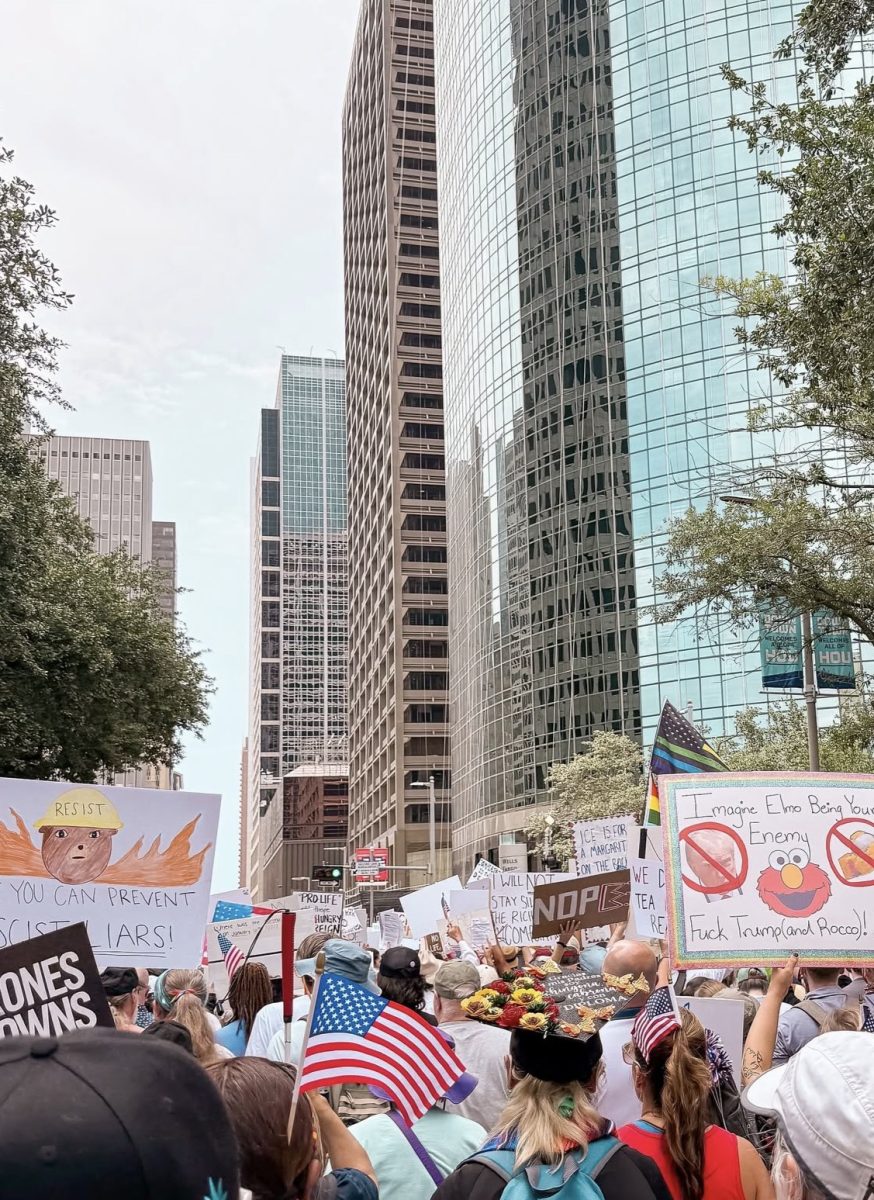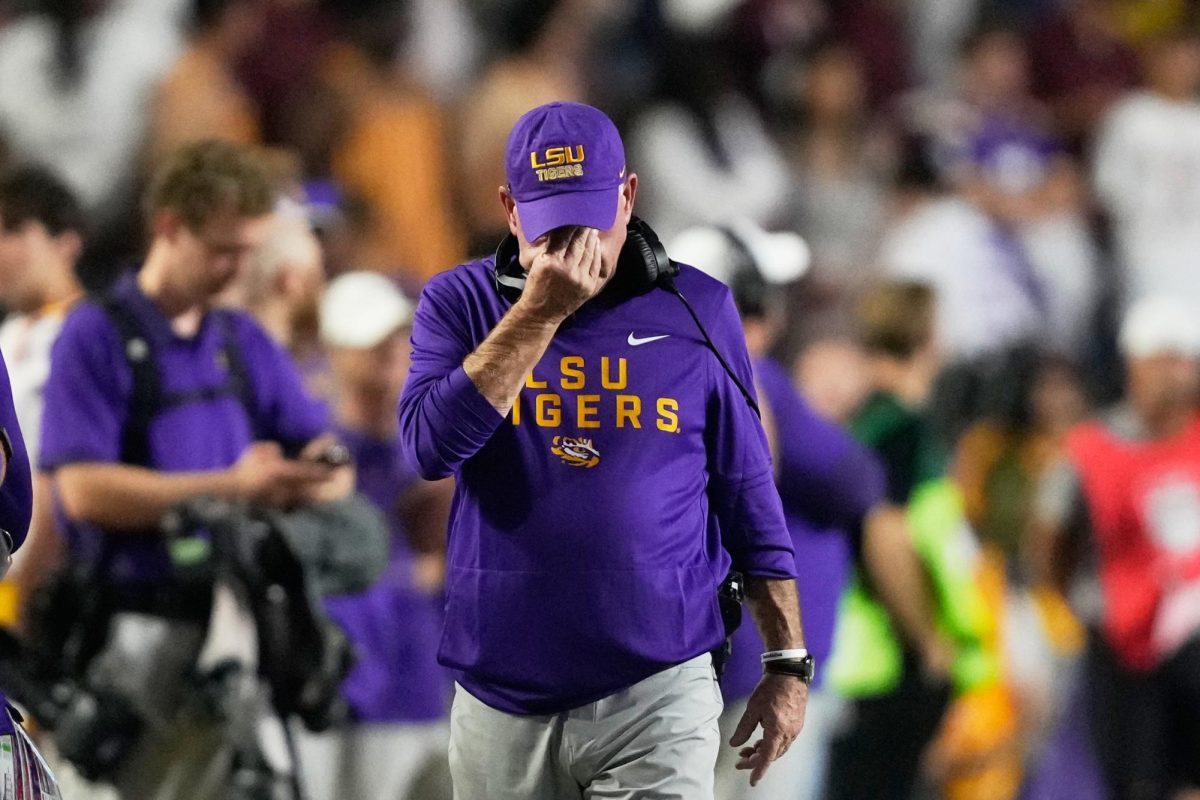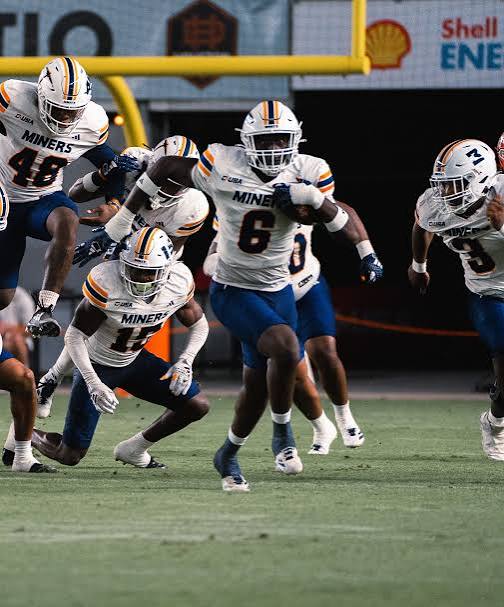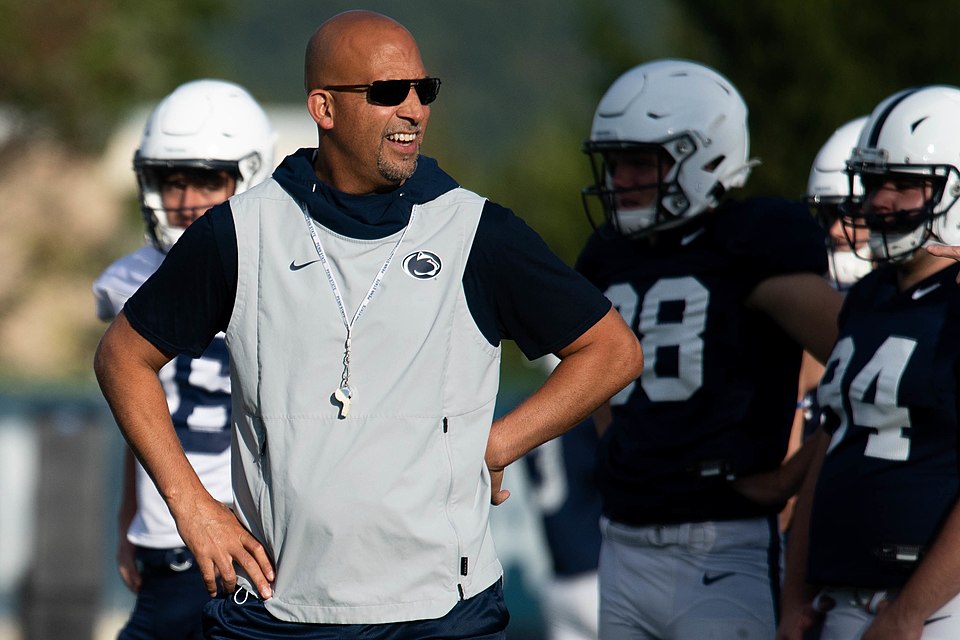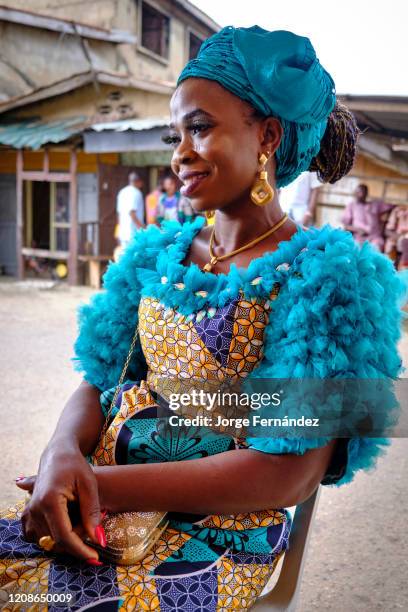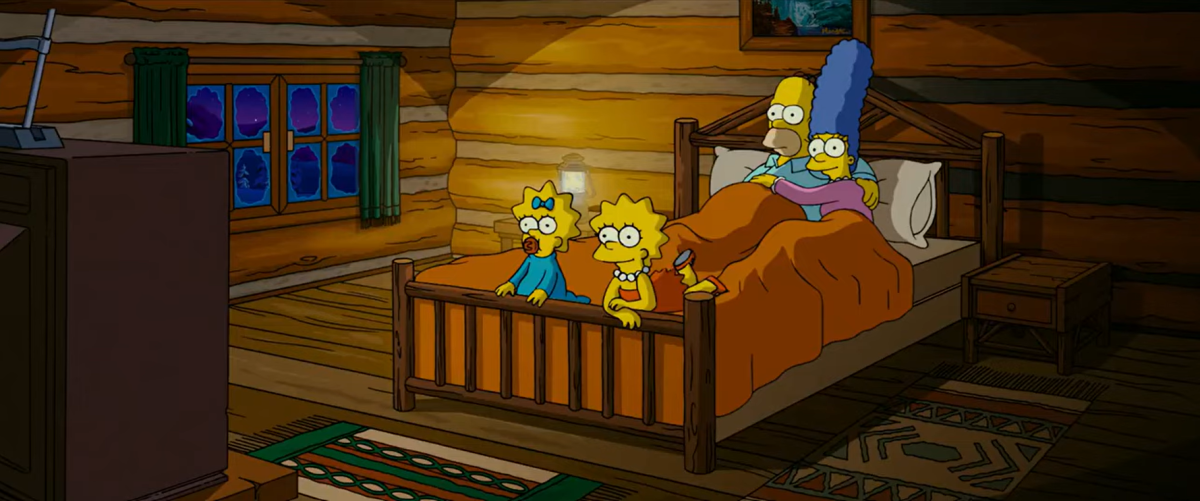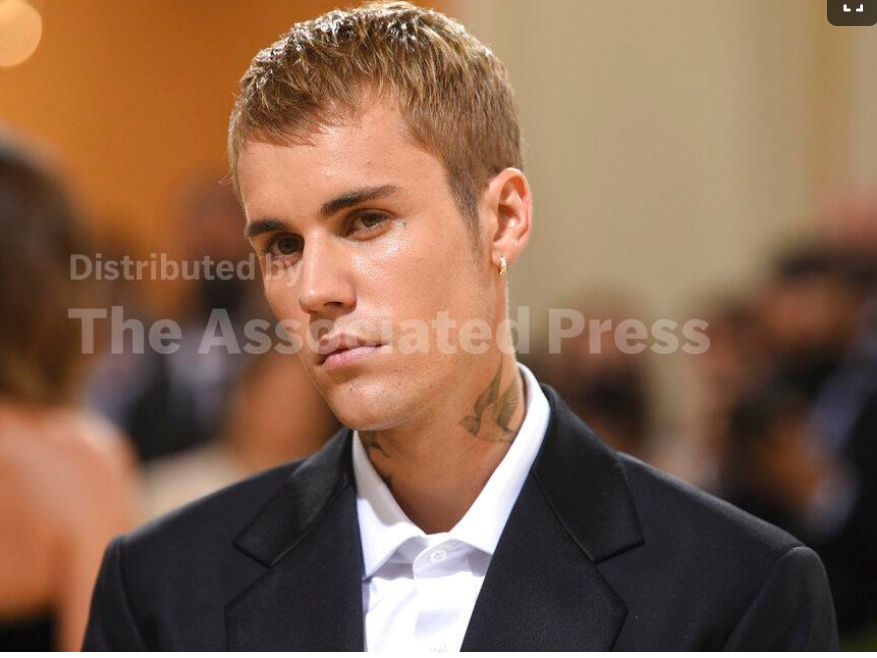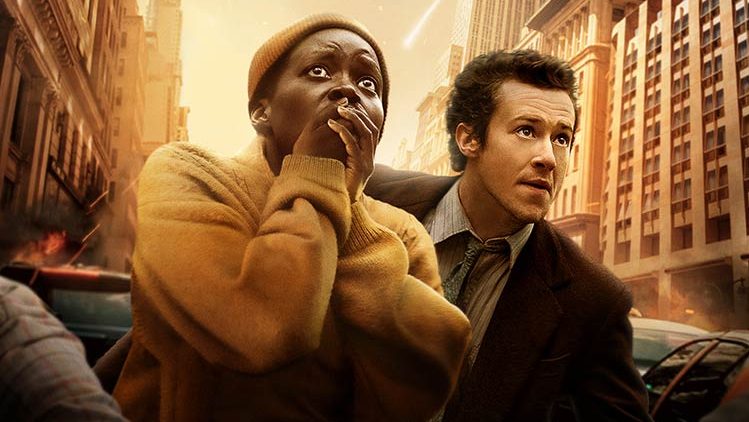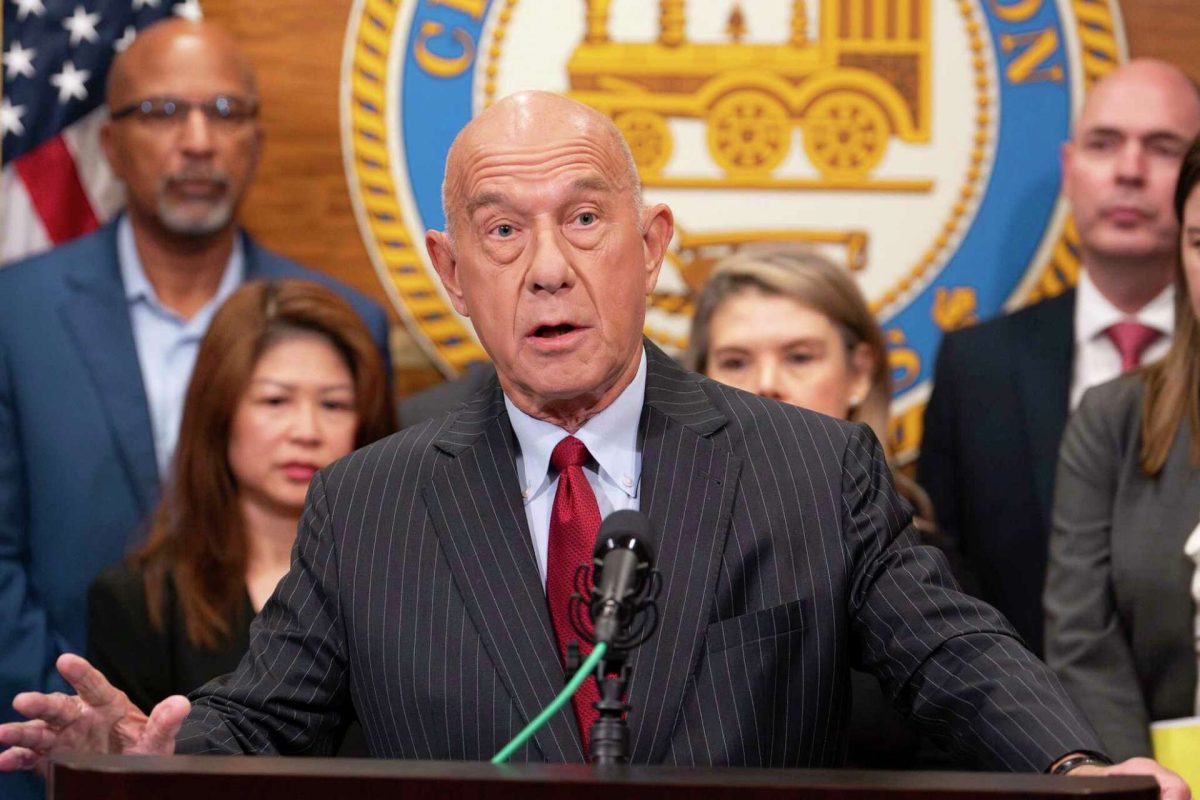The choice was balanced against Freddy Krueger’s razor-sharp finger knives: Would it be mourning in America or “Morning in America“?
For generations, horror movies have helped examine the concerns of middle class Americans, especially during elections and times of political or social upheaval.
As 1984 saw a theatrical hit in “A Nightmare on Elm Street,” critics were quick to point out the hidden meaning of Wes Craven’s horror masterpiece and its subtle take down of Reagan-era social and political conservatism.
President Reagan later drew parallels between the film and Democratic policy while stumping for George H.W. Bush in 1988, the Los Angeles Times reported.
While this year’s presidential election is unprecedented and unpredictable, the uncertainty of the American voters isn’t.
Against arguably one of the best years for horror pictures in recent memory, many of this summer’s most anticipated movies contain the seeds of our greatest fears as we head into November’s vote.
HCC professor Jennifer Waldo said she was exposed to films like “Nightmare” early on, all thanks to her father’s love of the genre.
“I was a child watching movies I probably shouldn’t have been watching,” Waldo said, with a laugh.
The Houston filmmaker’s coming short film “Twofer” plays on gender stereotypes, wrapped in a “dark and twisty tale of a woman in distress on the side of the road and the handsome Good Samaritan who stops to help her.”
It’s also a genre film, but don’t get it twisted; the love of horror that gripped Waldo’s dad skipped a generation.
“I’ve kind of steered away from it,” Waldo said. “It feeds a little bit too much into my anxiety.”
Perhaps a sign of a job well done. Among Waldo’s lessons to HCC filmmaking students is the power of the medium, especially when social commentary is embedded in story.
“It’s like watching a mirror of your own life,” she said.
What We Know About This Summer’s Most Anticipated Films
“The Watchers” (Now Playing – Theaters)
The new horror fantasy from director Ishana Night Shyamalan explores what happens when a 28-year-old artist finds herself trapped in an Irish forest, where she and three strangers are stalked by mysterious creatures every night.
The gothic fable includes allegory about the potential dangers of A.I. and living in a culture of surveillance.
The film also plays to a familiar theme: people (and things) aren’t always what they seem.
“A Quiet Place: Day One” (June 28)
Critics and academics have arrived at different meanings for what “Quiet” represents: an allegory about the plight of undocumented persons living in America, the tragedy of a healthcare system that leaves underserved communities with difficult choices, our fragile humanity during the COVID-19 pandemic, even divorce.
Lupita Nyong’o and Joseph Quinn star in the prequel to the popular, post-apocalyptic horror series.
MaXXXine (July 5)
Ti West’s racy horror trilogy ends with “MaXXXine,” where an 1980s adult film star finally breaks into Hollywood as a mysterious killer begins a reign of terror.
The series tackles existential themes from aging and sexism, to exploitation and the dark side of fame.
Twisters (July 19)
A terrifying reflection on the impacts of climate change – and the promise of science to save lives.
Alien: Romulus (Aug. 16)
The “Alien” horror franchise has also been the subject of some debate, with allegorical arguments ranging from the impacts of sex assault; contamination; and pregnancy fears of men.
In the seventh installment, young explorers on a distant planet confront the most sinister life-form in the universe.
Beetlejuice Beetlejuice (Sept. 6)
On its face, “Beetlejuice” deals with life – and death – humorously.
But, urban farmer Duran Chavis makes a thought-provoking argument that it’s all about gentrification. (Highly recommended reading.)


